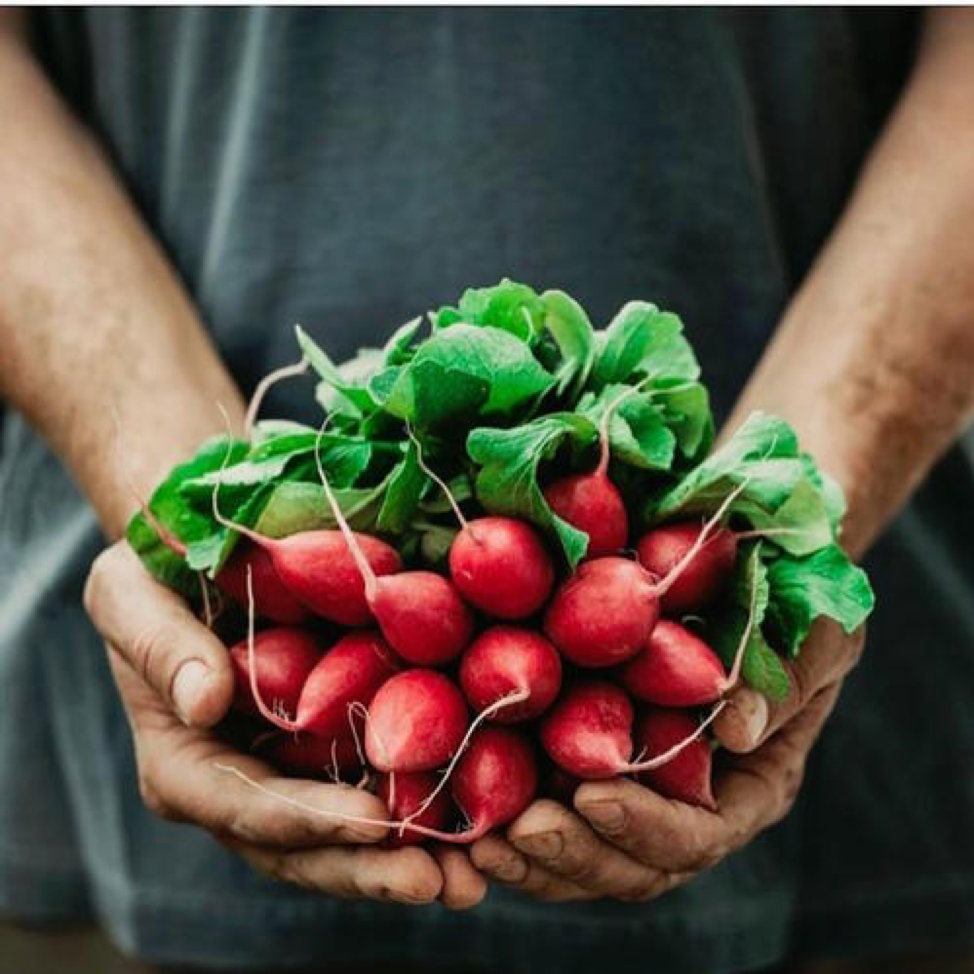How We Grow Food Impacts Your Child’s Health
How We Farm Impacts Your Child’s Health
Hope Farms is part of a quiet revolution that is taking root in the heart of bustling cities nationwide, where skyscrapers rise and concrete spreads. Urban regenerative agriculture, a movement that goes beyond growing food in the city, is transforming how we think about the health of our children. For moms concerned about their kids’ well-being, this is more than just a trend—it’s vital to creating a healthier, more sustainable future.
The Connection Between Regenerative Agriculture and Health
Regenerative agriculture is about more than just planting seeds; it’s a holistic approach to farming that prioritizes soil health, biodiversity, and sustainable practices. Unlike conventional urban agriculture, which often focuses on yield and efficiency, regenerative methods aim to rebuild and enhance the natural environment. This approach has profound implications for children’s health, offering benefits far beyond the dinner table.
-
Nutritional Benefits of Fresh, Local Produce
One of the most immediate benefits of urban regenerative agriculture is the access it provides to fresh, nutrient-dense foods. Families struggle to find affordable, healthy food options in many urban areas, particularly in food deserts. Hope Farms helps to fill this gap by producing fruits and vegetables right in the neighborhood, free from harmful pesticides and rich in nutrients.
Most moms consider fresh produce among the healthiest options for their children’s meals. But how and where that produce is grown is a critical factor in its nutritional impact. Fruits and vegetables begin to lose their nutritional potency once harvested, diminishing with every mile. Children who consume fresh, locally grown produce are more likely to meet their daily nutritional needs, which is crucial for their growth and development.
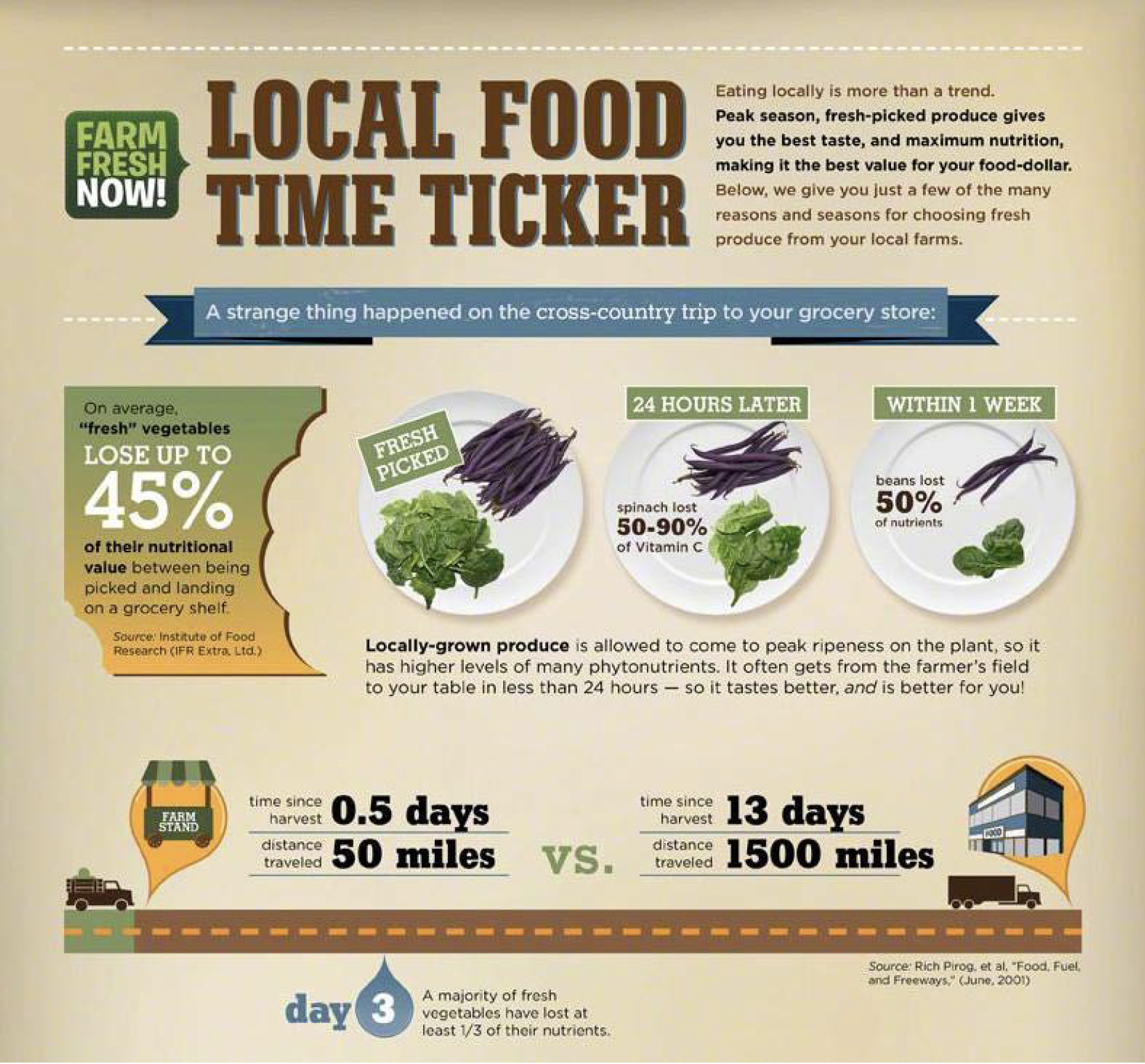
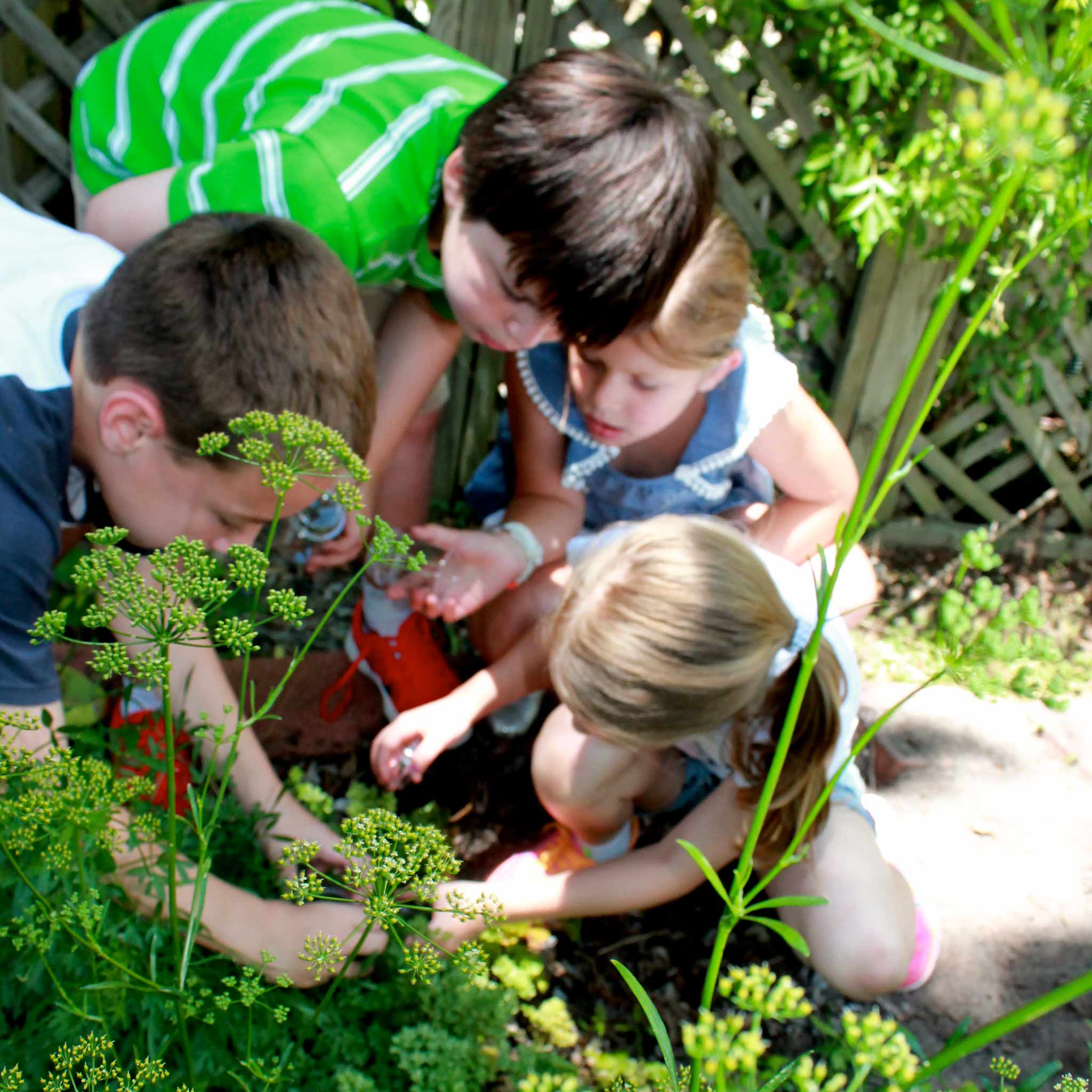
Contact with farms and gardens growing food plays a role in convincing kids to eat their veggies.
Studies have shown that kids participating in urban gardening programs are more likely to eat fruits and vegetables, leading to healthier dietary habits that can last a lifetime. We proved this concept during the pilot and trials of our Seed-to-Plate Nutrition Education™, where we measured children freely choosing to eat 30% more veggies after just one academic year of participation.1
-
Improved Mental and Emotional Well-being
The benefits of local farms extend beyond physical health. Engaging with nature through gardening is linked to improved children’s mental health and emotional well-being. In urban environments where access to green spaces can be limited, school gardens, community gardens, and urban farms like ours provide a sanctuary of greenery amidst the concrete jungle.
Children who spend time gardening often show reduced symptoms of anxiety and depression. The act of gardening—planting seeds, watering plants, and harvesting vegetables—can be therapeutic. It teaches responsibility, patience, and the joy of nurturing life. Moreover, the community aspect of gardening at home, school, in the community, or coming out to an urban farm like Hope Farms fosters a sense of belonging and purpose, which is especially beneficial for children growing up in isolated or underprivileged neighborhoods.2
-
Reduced Exposure to Harmful Chemicals
Conventional, large-scale farms rely on synthetic fertilizers, pesticides, and herbicides, which have recently been discovered to stay in the food and often have unintended health consequences for those of us who eat that food. Regenerative farms, like Hope Farms, prioritize natural methods that avoid synthetic fertilizers, pesticides, and herbicides. This is important to all of us, but particularly for children, who are more vulnerable to the harmful effects of these chemicals. Exposure to pesticides has been linked to a range of health issues in children, including developmental delays, cognitive impairments, and increased risk of chronic diseases.
By sourcing fresh produce from local sources, like Hope Farms, that practice regenerative agriculture, moms can ensure that their children eat nutritious food safe from harmful chemicals. This also reduces the overall pesticide load in the environment, contributing to a healthier community for all our neighbors.3
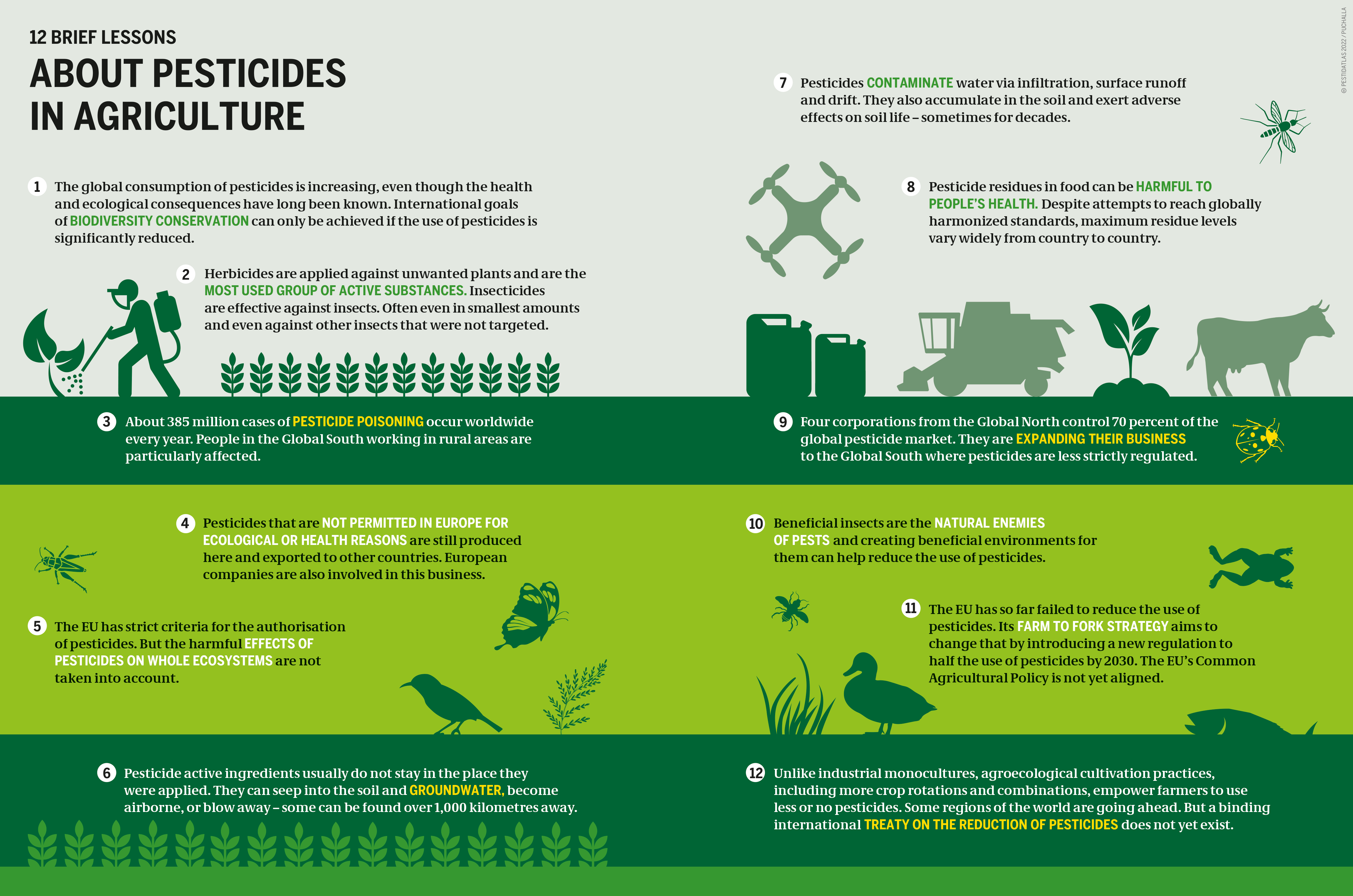
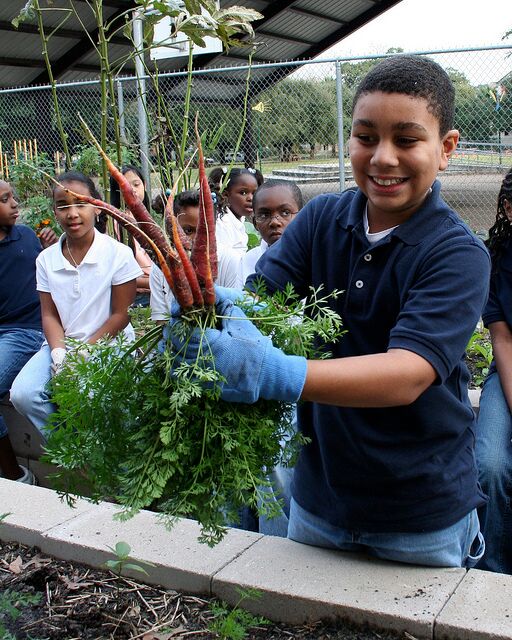
-
Building Stronger Immune Systems
Growing up in a sterile environment can hinder the development of a child’s immune system. Urban regenerative agriculture introduces children to a more natural setting, where they are exposed to soils made of diverse microbes. This exposure can help strengthen their immune systems, making them more resilient to illnesses. At Hope Farms, we offer you and your family plentiful opportunities to visit, from our weekly Saturday Markets to First Saturday’s free cooking and gardening classes for kids and adults to school field trips, summer camps, and Scout programs.
Research has shown that children who spend time in natural environments, including gardens, tend to have lower rates of allergies and autoimmune diseases. This is due to the “hygiene hypothesis,” which suggests that early exposure to dirt and germs helps build a robust immune system.4
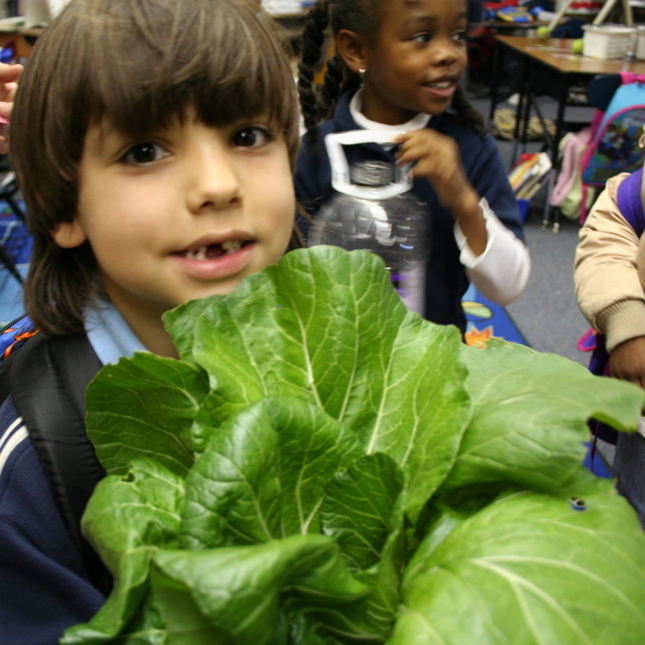
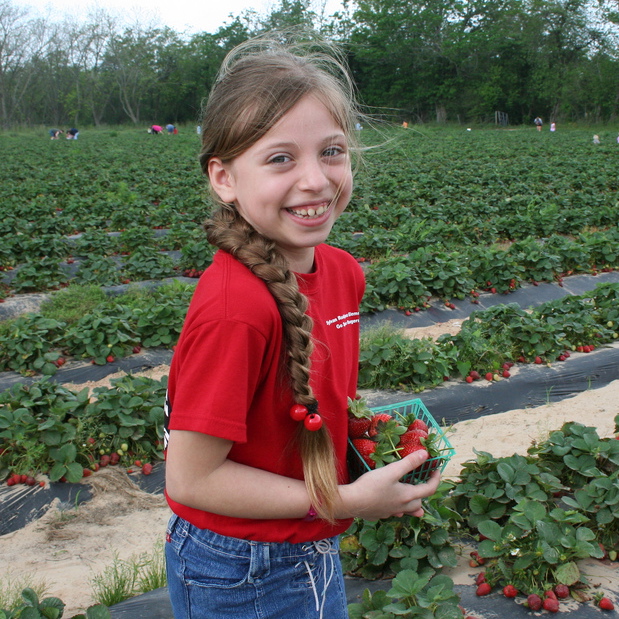
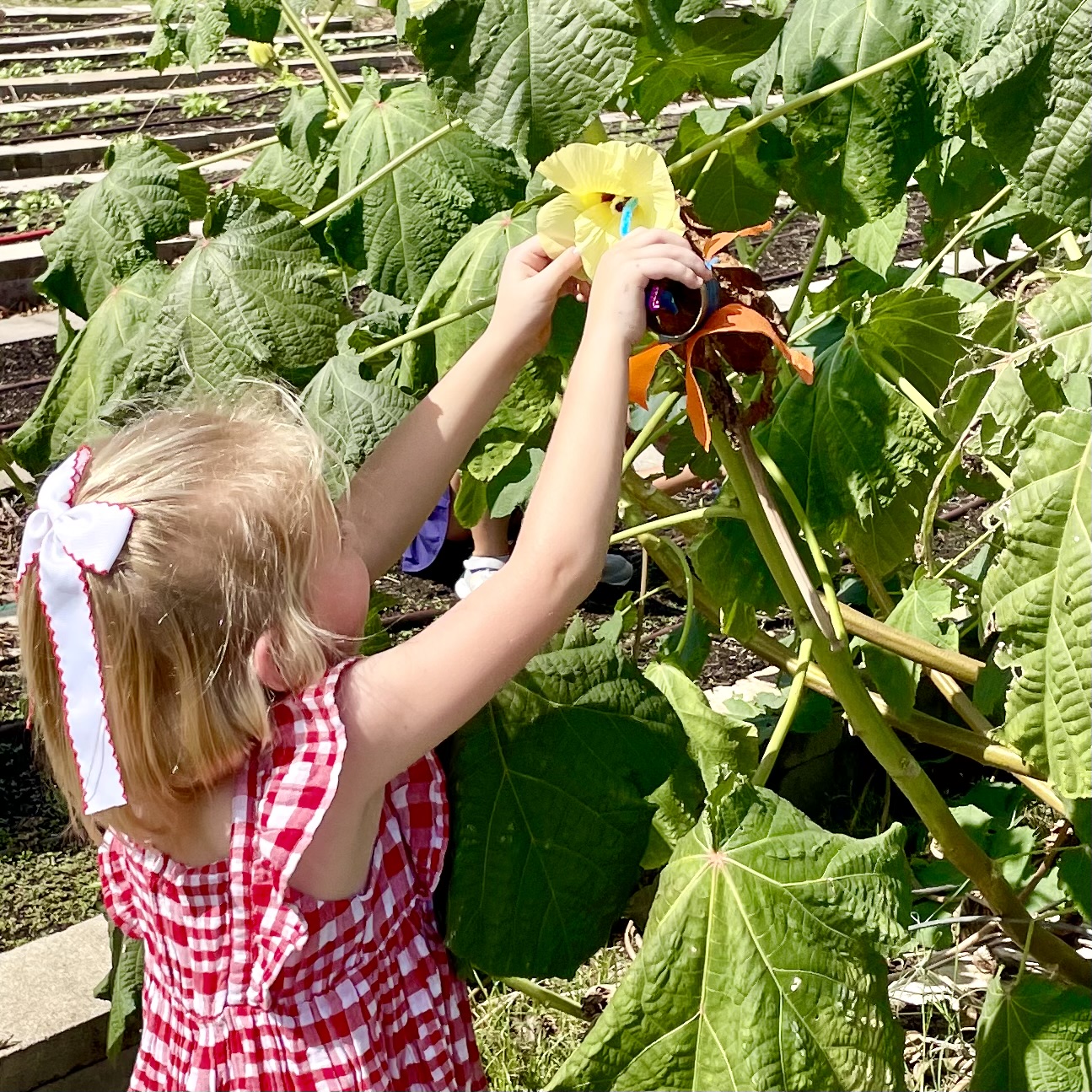
-
Education and Lifelong Skills
Hope Farms is not just about growing food—it’s about growing knowledge. Our Seed-to-Plate Nutrition Education™ programs teach children about where their food comes from, the importance of sustainability, and how to care for the environment. These lessons are invaluable, and they will foster the next generation of environmentally conscious individuals who understand the importance of sustainable living.
Plus, skills children learn in the garden—such as problem-solving, teamwork, and patience—are transferable to other areas of their lives. These experiences can ignite a lifelong passion for sustainability and healthy living.5
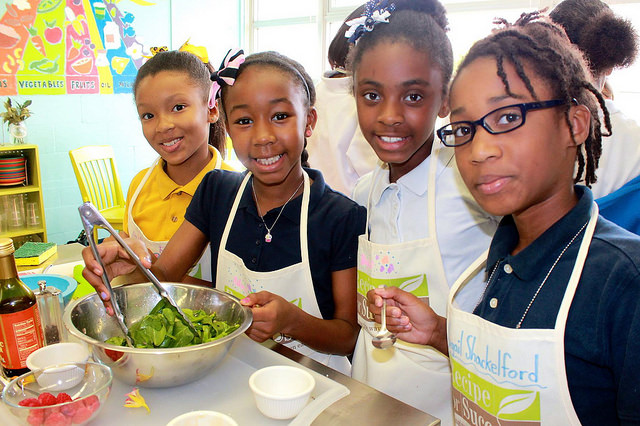
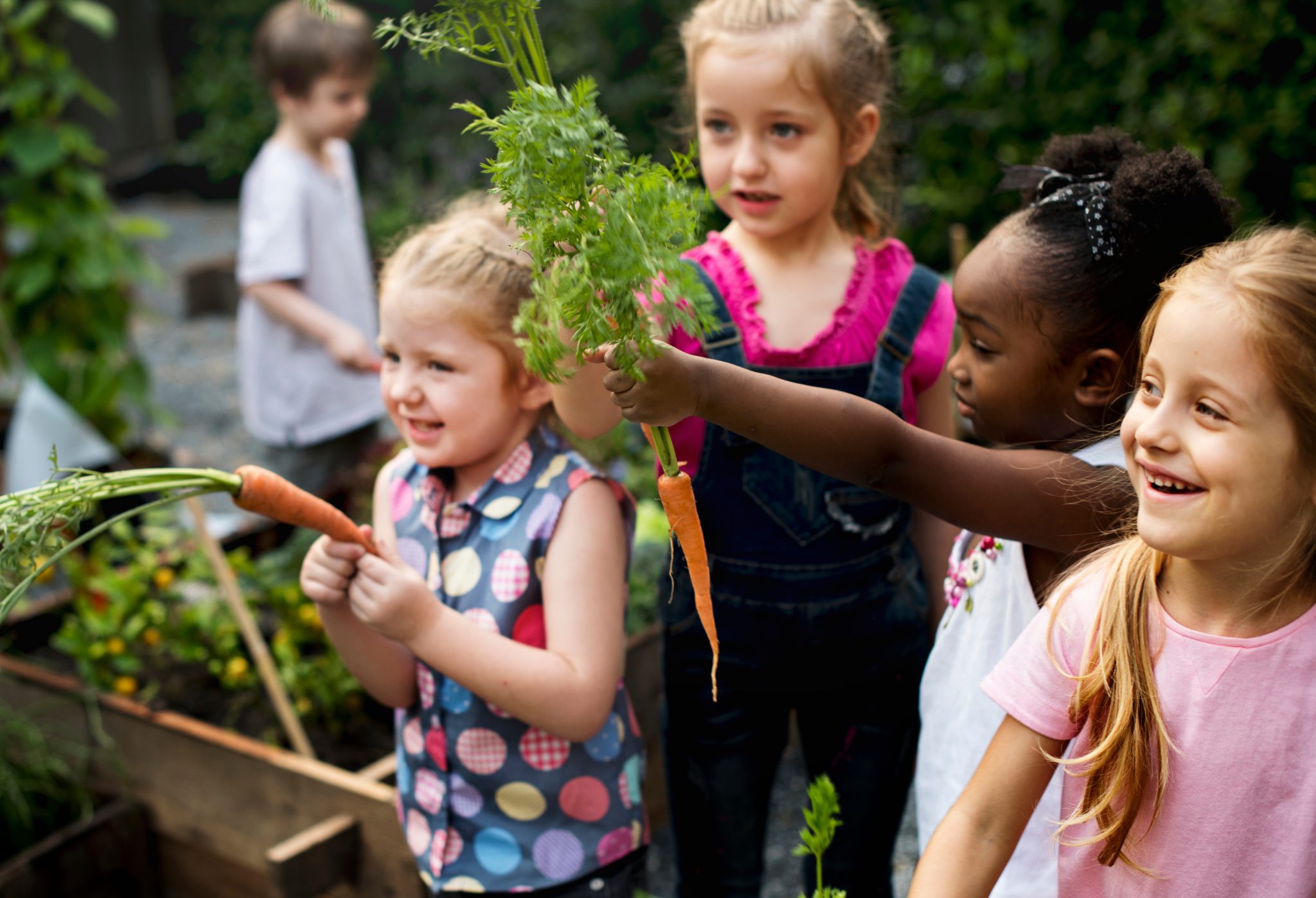
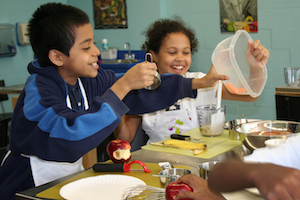
Creating a Healthier Future for Our Children
For moms, the health of our children is a top priority. Hope Farms, through our regenerative agricultural practices, offers a way to nurture their physical health and mental, emotional, and environmental well-being. Lean on us to help create a healthier, more sustainable future for your children and our community.
Urban farms like Hope Farms are popping up in cities nationwide, providing fresh food, green spaces, and a sense of community. Our spaces are more than just gardens—they are classrooms, therapy centers, and sources of empowerment. They represent a shift towards a more sustainable, health-conscious way of living that prioritizes the well-being of our children.
As this movement grows, so too does the opportunity for us to teach our children the importance of caring for the earth and for each other. We can plant the seeds of a healthier, more resilient future through urban regenerative agriculture—one garden at a time.
Come out any Saturday and explore Hope Farms. Consider how you and your children can get involved. Whether you volunteer, use our classes to help start your garden, or subscribe to weekly deliveries of our just-harvested food, every action contributes to a healthier future for all.
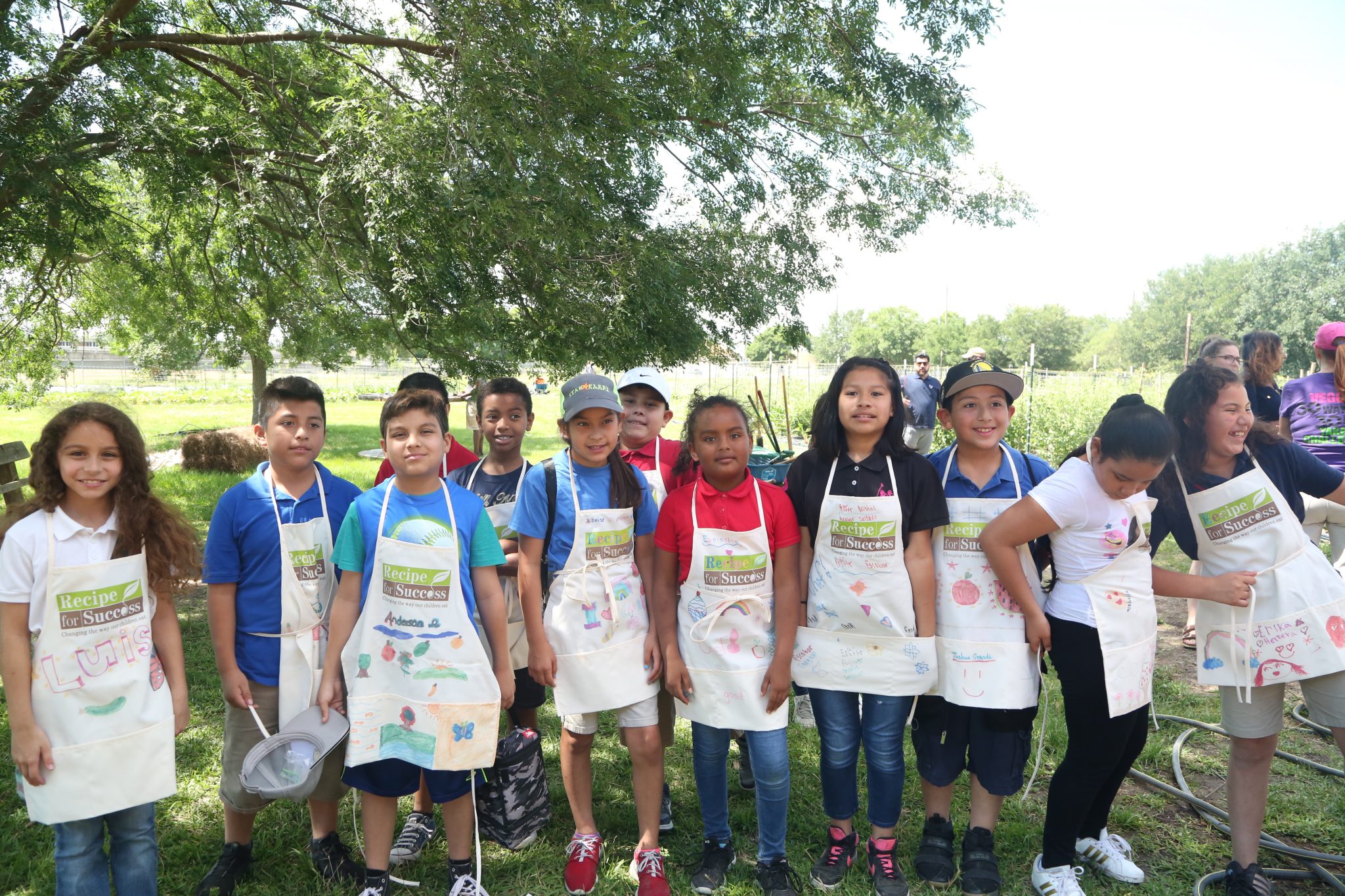
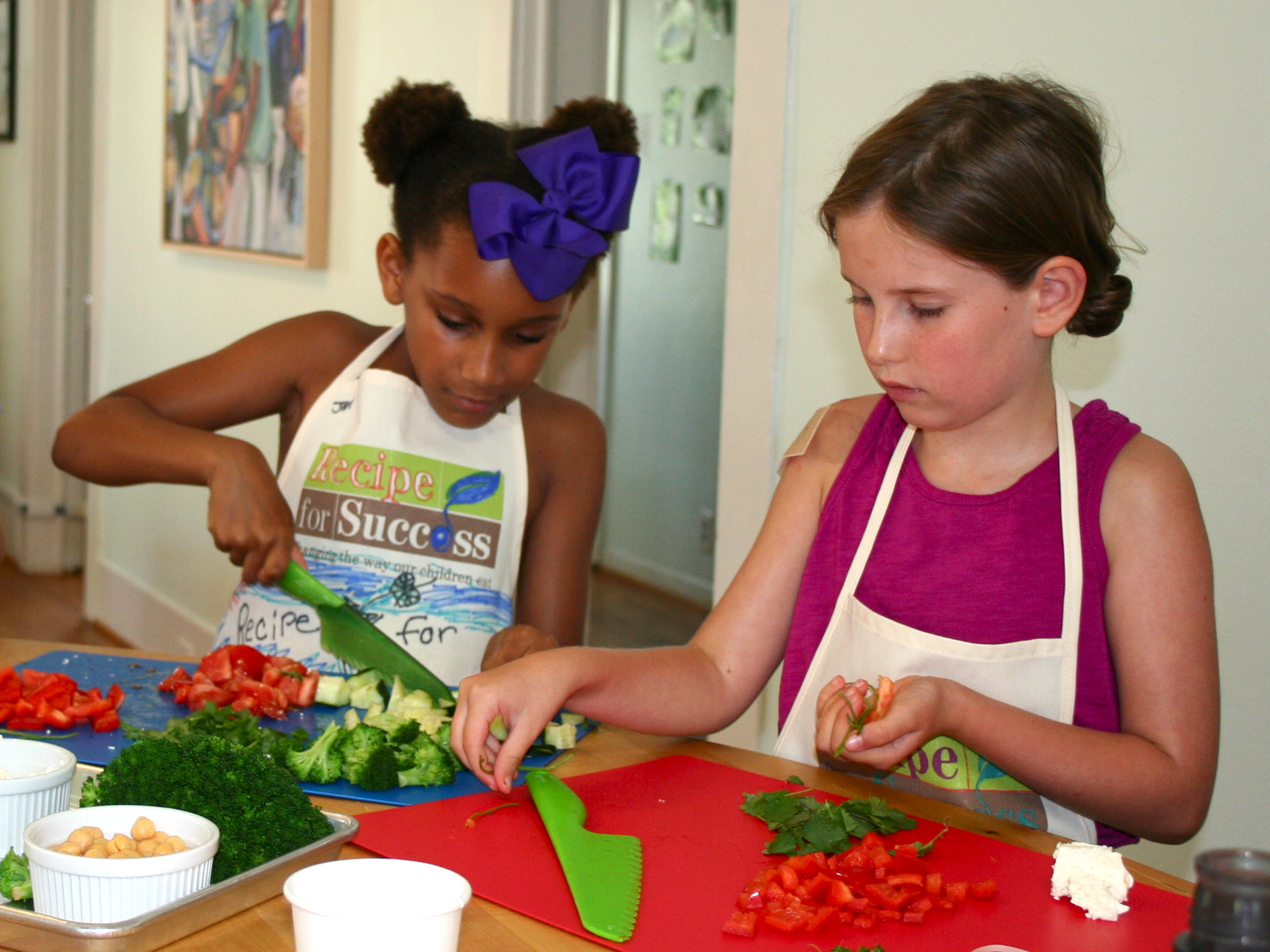
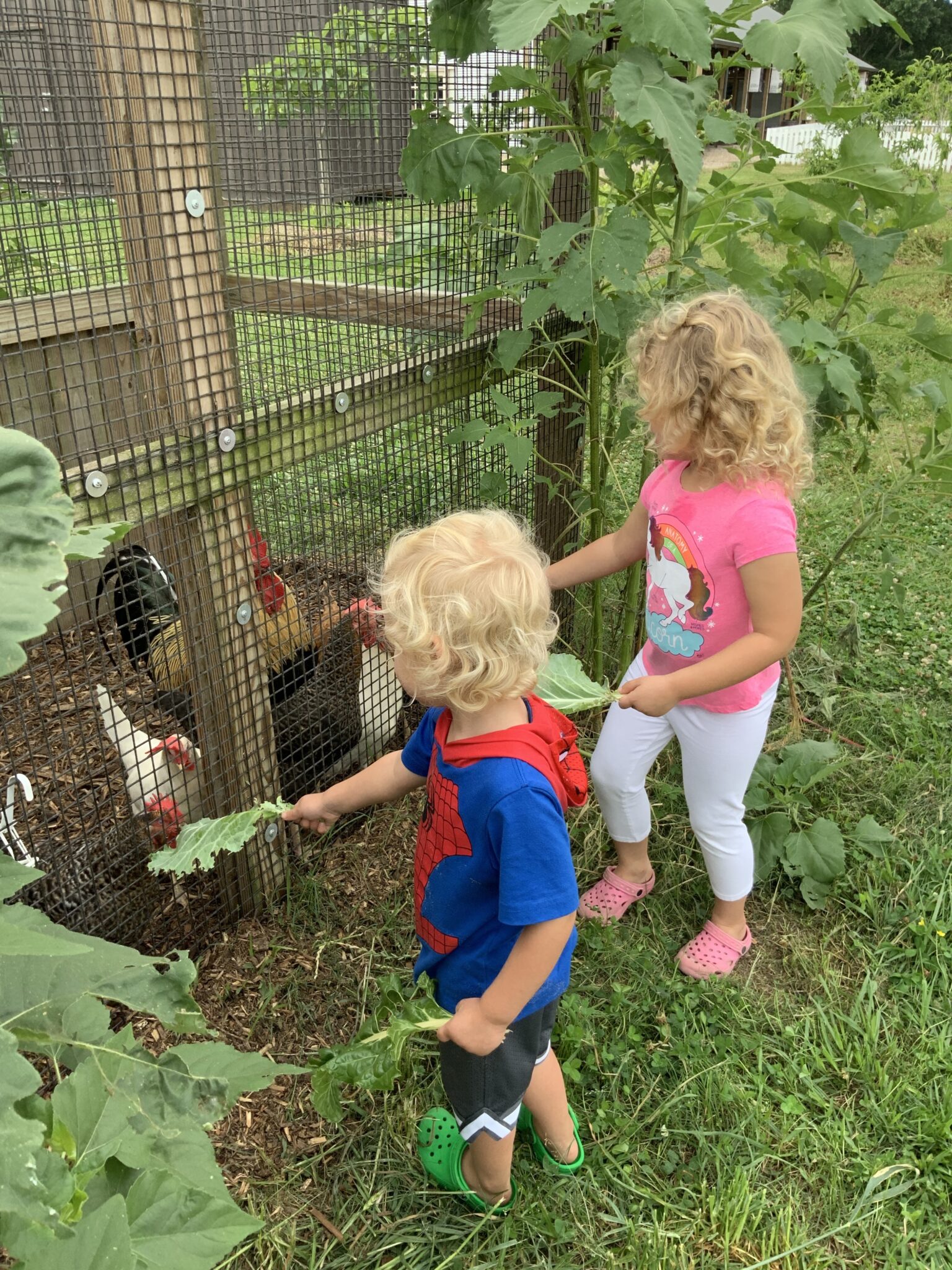
Sources:
1. Scoping review of the impacts of urban agriculture on the determinants of health | BMC Public Health https://bmcpublichealth.biomedcentral.com/articles/10.1186/s12889-019-6885-z
2. Role of Urban Agriculture in a Secure, Healthy, and Sustainable Food System | BioScience | Oxford Academic] (https://academic.oup.com/bioscience/article/68/10/748/5052953).
3. Young Farmers of Color Can Help the U.S. Meet Its Climate Goals | Food Revolution Network https://foodrevolution.org/blog/young-farmers-of-color-and-regenerative-agriculture/
4. Scoping review of the impacts of urban agriculture on the determinants of health | BMC Public Health https://bmcpublichealth.biomedcentral.com/articles/10.1186/s12889-019-6885-z
5. Role of Urban Agriculture in a Secure, Healthy, and Sustainable Food System | BioScience | Oxford Academic https://academic.oup.com/bioscience/article/68/10/748/5052953

